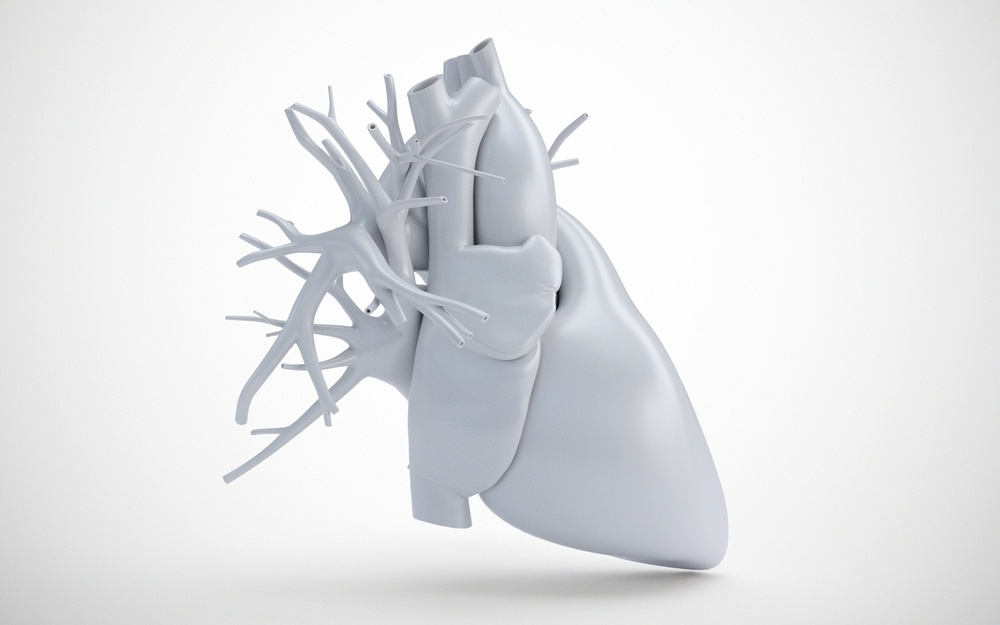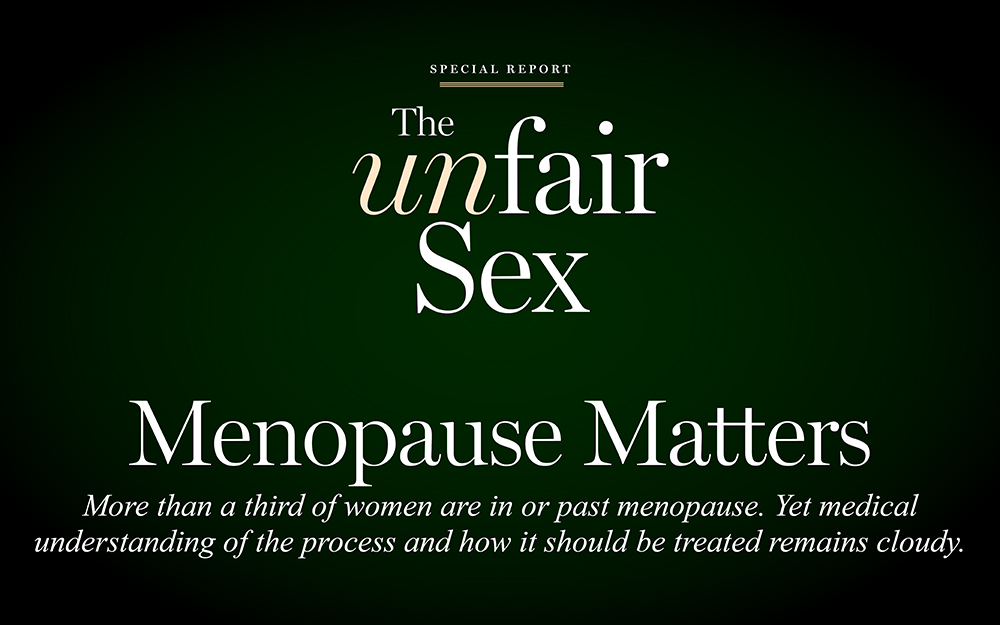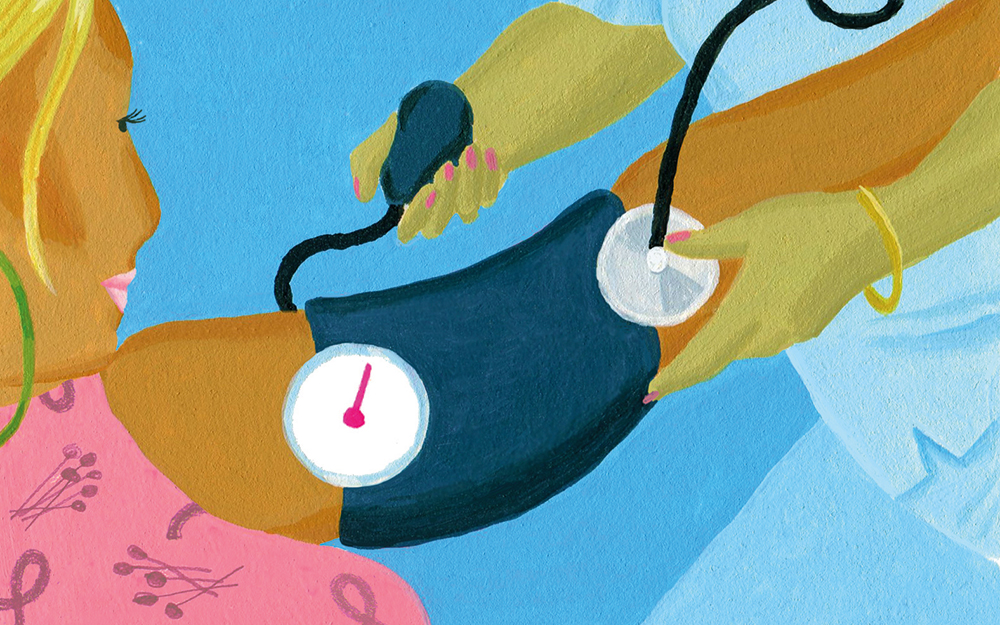Medical providers featured in this article
In Brief
{{cta-block}}
What we don't know about the effect of medications on pregnancy could fill a large medical textbook. More than 90% of prescriptions haven't been tested on expectant mothers, leading to a lot of uncertainty.
"Few studies have been done on pregnancy with underlying medical diseases or medications," says Sarah Kilpatrick, MD, chair of the Department of Obstetrics and Gynecology. "We just don't have good information. Is it hard to study? Yes. But it doesn't matter if it's hard. Women deserve better."
Pregnancy has been difficult to study for a host of medical and ethical reasons, largely driven by a desire to protect women and their developing babies. While arguing that it might be better to be safe than sorry, not studying pregnant women ultimately affects their health and safety. The Centers for Disease Control and Prevention found that about 90% of pregnant women take at least one medicine—including over-the-counter drugs—during pregnancy, and 70% take prescription medication.
High blood pressure, diabetes, asthma, mental health conditions, autoimmune disorders, cancers and other conditions require ongoing treatment. But few medications are approved for use during pregnancy, and most drugs come with little data to guide doctors' and patients' decisions.
Until 2019, federal policies listed pregnant women, along with children and people with mental health disabilities, as "vulnerable to coercion or undue influence," largely barring them from participating in clinical trials. Changing this policy marks a small step toward finding ways to safely include mothers-to-be in clinical trials. The National Institutes of Health is now awarding more grants to study pregnancy itself as well as funding research into what gestation can tell us about a woman's future health.
Cedars-Sinai doctors and scientists are committed to leading this new trend, pursuing studies on preeclampsia—one of the most common and serious pregnancy complications—and enrolling women in the Postpartum Heart Health Program, recognizing that pregnancy is like a stress test for the body. The program provides cardiovascular assessment and treatment if needed, as well as heart health education and followup for women who had preeclampsia, gestational hypertension, gestational diabetes or other adverse pregnancy outcomes.
{{column-start}}
Infertility is just as often the culprit of a man's physiology as a woman's—and the problem is more common than people think, says Jessica Chan, MD, assistant professor of Obstetrics and Gynecology. About 1 in every 8 couples seeking to have children faces infertility. "It's a secret diagnosis that a lot of people struggle with—and there may still be a stigma surrounding treatment," she says.
{{column-end}}
Infertility is just as often the culprit of a man's physiology as a woman's—and the problem is more common than people think, says Jessica Chan, MD, assistant professor of Obstetrics and Gynecology. About 1 in every 8 couples seeking to have children faces infertility. "It's a secret diagnosis that a lot of people struggle with—and there may still be a stigma surrounding treatment," she says.
A Push to Better Understand Pregnancy
Faculty leaders across Cedars-Sinai formalized their efforts to address the pressing need to study women's health by launching the Center for Research in Women's Health and Sex Differences. The center awarded its first-ever grant in spring 2019.
"I was blown away by the quality of the science and the ideas put forward," Kilpatrick says.
That first study, led by Cedars-Sinai gastroenterologist Nirupama Bonthala, MD, will investigate pregnancy and inflammatory bowel disease (IBD), a group of conditions, including Crohn's disease and ulcerative colitis, in which the digestive tract is constantly swollen, causing diarrhea, abdominal pain, bleeding, fatigue and weight loss.
Bonthala aims to correct a major misconception about IBD, a condition shared by 3 million Americans. "I find a lot of women with IBD think they cannot get pregnant and cannot have a family, when for the vast majority of them it is safe," she says.
With Kilpatrick, Bonthala runs one of the nation's only clinics specifically designed for pregnant women with IBD. Bonthala serves as their GI specialist and Kilpatrick as the maternal fetal medicine specialist—and patients see both doctors on the same day.
While most of them have healthy pregnancies, some women seem more prone to IBD flare-ups during pregnancy, which can lead to preterm birth, low birth weight and miscarriage. Bonthala and her team will study tissue samples from mothers with IBD, seeking a common biomarker to help predict which women are at highest risk of pregnancy complications.
"If we knew which women were at risk, we could change their treatment and potentially improve outcomes," Bonthala says.
{{column-start}}
READ MORE STORIES IN THIS SPECIAL REPORT
{{column-end}}
READ MORE STORIES IN THIS SPECIAL REPORT
Everybody HurtsHearts and MindsThe Age GapProgress, Molecule by MoleculeMenopause MattersThe Unfair Sex






